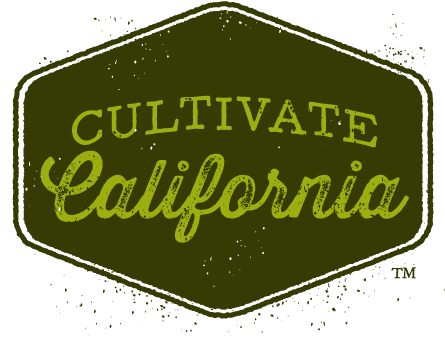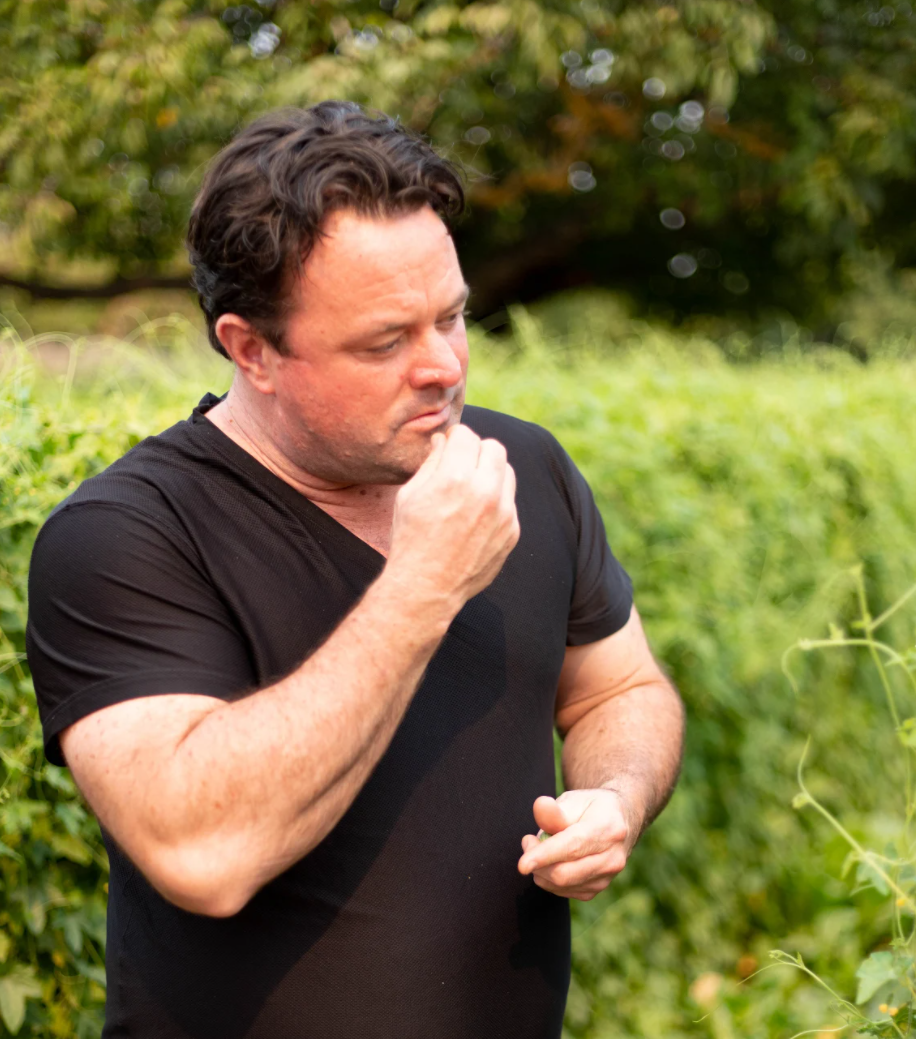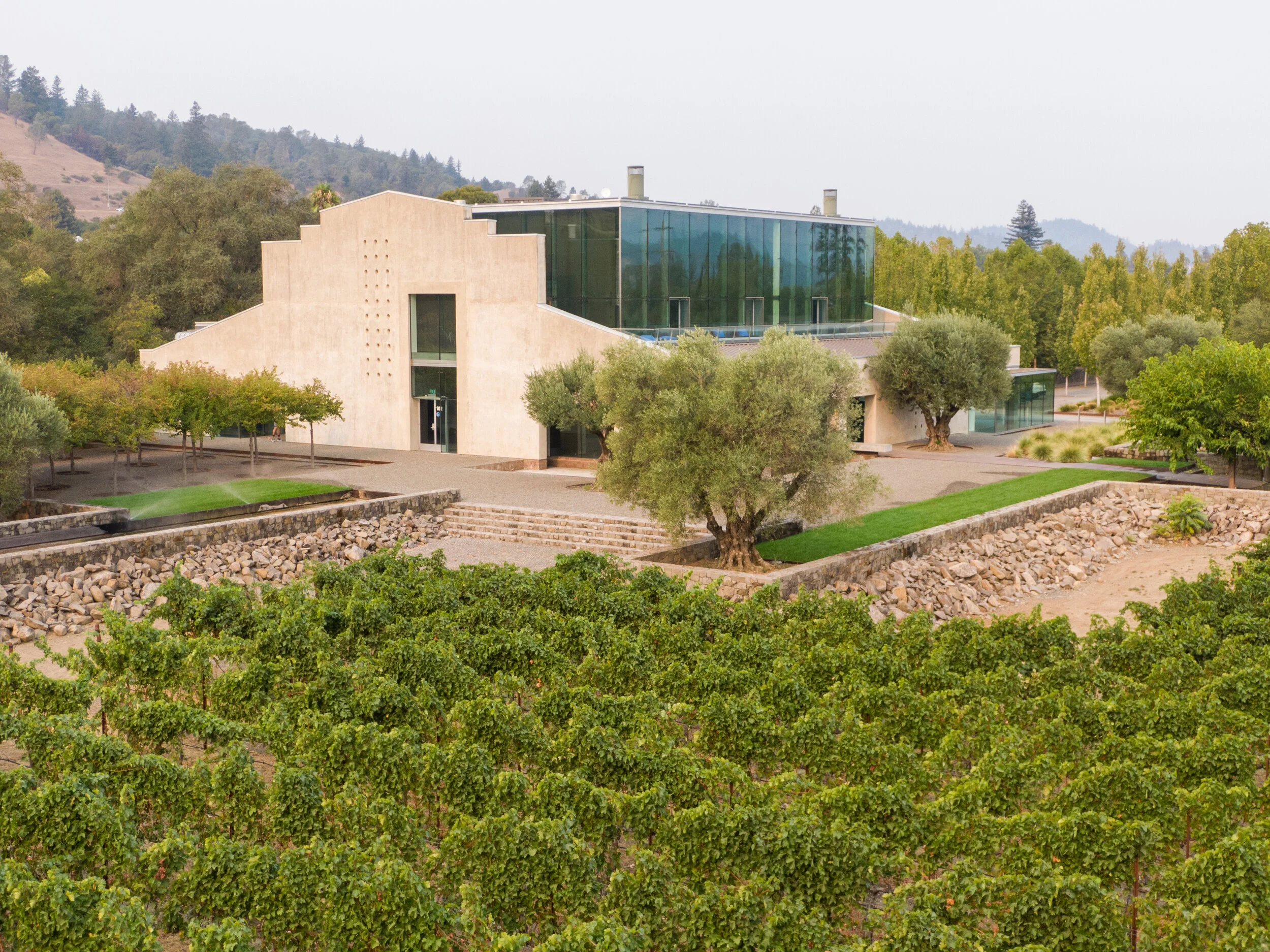Douglas Keane
Douglas Keane is one of the many world-renowned chefs that call northern California home. Nicer weather and access to the world's best produce made it an easy decision for Douglas to move from Manhattan's impressive restaurant scene. He has collected many outstanding awards over his career, including Season 5 winner of Top Chef Masters and Two Stars from the Michelin Guide.
Beyond the Kitchen - Q & A with Douglas Keane -
On Fresh Ingredients
What inspired you to move to California from the New York restaurant scene?
At that time in my career, California was a distant second. Manhattan was the place to cook if you were rising in the ranks. That's changed. California, by far, is way above any place in the world now. This happened as people got more in tune with actual products, the seasonality of products. When I first moved out here, I was working at a place called Jardiniere in San Francisco. The chef and I were working on a special together, and she wanted to use black-eyed peas. I ran up to the storeroom and, came down like 20 minutes later, and I'm like, "Chef, we don't have any black-eyed peas." And she looks at me and says, "No, they're fresh. They're in the walk-in." Every shelling bean I'd ever used came dried in a bag in New York. I honestly never even thought about the fact that there's a season for even shelling beans, and they are fresh at some point. It was this lightbulb moment for me where I now understood. I get how seasonality can affect everything. From then on, I knew peaches have a much shorter season than we even think, or some peaches do. These peaches come in at a certain point and the other ones a few weeks later, same thing with strawberries. It was a great learning experience. That's what really fueled my fire to come out to California. I just realized this is the place I wanted to be.
What role do fresh ingredients play in your cooking?
Fresh touches on every bit of what we cook. You can manipulate a product that isn't pristine or fresh and make it work, and many places will do that. Many places have to do that because they don't have access to what we have here in California. But, you can taste the difference in a fresh product. You have to know whether the tomatoes should sit out on a rack to ripen a little bit more or be placed in an air-conditioned unit to chill but not refrigerate because that'll change their texture. Freshness is everything. We look for as much freshness as we can get. We'll buy produce six days a week if we can.
How do you cultivate the relationships for your fresh produce?
People have been in Sonoma County for generations. They grew up as kids watching their fathers and mothers toil the earth, and now they're doing it. It's what I fell in love with about Sonoma County. There are so many small farms that are the lifeblood. It is truly about agriculture. We go to the markets to find them, but then also, people will stop by. There's a guy that has a Meyer lemon tree that goes crazy every fall. He drops off 50 pounds of Meyer lemons and just wants to come in and have a drink. I’m grateful for relationships like that one I’ve made over the years.
Why do so many respectable chefs come to this region?
There are a number of reasons why cooking up in Wine Country is just the dream for a chef. One, it's the access to the product. There is not better produce anywhere in the world. The soil creates these amazing vegetables that make our dinners easy. It takes us from the level of cooking dinner to turning it into a form of art. That's the fun part about it. The second thing is people come here for the experience of eating and dining. When you cook in a big city, there's always something else to do. There's a two-hour window where they want to have dinner and then do something. Up here, people give you their time. They come to drink and to eat. To have that gift, to produce your craft for that type of commitment is just a true honor. It makes working here and living here just a dream.
On Inspiration and his Culinary Start
When did you become passionate about food and decide to pursue it?
I became passionate about cooking in high school. My mom was a great cook, and I had a mentor who was a hotelier, Stan Bromley. He introduced me to the food world, though he was more on the hotel side of it. There's something about the immediate gratification of taking a product, turning it into something, and presenting it to someone. There's the reward of actually seeing it done, but there's also the reward of seeing the joy that someone gets from eating. That's really what made it almost addictive to me. I enjoyed mowing grass and digging ditches. You saw immediate gratification from having a freshly mowed lawn or a completed ditch. But from feeding people, you actually saw joy. You saw an experience.
I learned my work ethic from my folks, but I also inherited some sort of palate. I didn't know this at a young age, but I would go to other people's houses for dinner, and it was a great effort, but something was missing, some seasoning. I realized that my mom knew how to season with salt and acid, which made a world of difference. As I more developed my skill going through college and back into New York at some point, I realized that my palate was even more important than my work ethic for this type of career.
How did you get your start in the culinary world?
I went to Cornell University Hotel School. There was some food work involved there, but it wasn't a full-on cooking school. When I graduated, I was immediately told by every important mentor in my life to go to New York City and get beaten up, get yelled at, get screamed at, and learn how to actually cook. And that's what I did. I moved down to Manhattan. I was really grateful for the people I met down there, the good ones and the bad ones. There were some intense times, but it also taught me that I was meant to do this, and it was more of a vocation than it was a career.
How did you define your culinary style?
When I first started cooking, it was about just making things that tasted good. That was my only goal. Then, as I moved out here to California and took the reins of a place by becoming the chef and in charge, it started to become about how do I make people feel during their experience. From the French background I had learning how to cook in New York, it was about fat and carbs, which isn't bad. But, we try to cook many courses for our guests, where it's a 14 to 20-course menu sometimes. They're small little bites, but you have to pull back on fat and carbs. Before I used to think that you should feel full and happy when you leave, that's actually not the point. You should feel great and feel invigorated.
Slowly I switched how I look at the food. Instead of mainly respecting the traditions of cooking, I respect the products of cooking and the way I can make people feel by manipulating those products. You can make a carrot. A carrot tastes great right out of the ground. But if you manipulate it just enough, you can make it taste amazing. You can go to a farmers' market, use a great set of knives, and have a great meal at your house. But you're paying me to do something more to elevate it. It's about respecting the product and finding the right products that work with my philosophical beliefs.
On His Restaurant - Cyrus
What is the story behind Cyrus?
We named Cyrus after Cyrus Alexander, who founded Alexander Valley. He came up here as a trapper and a miner and settled here and claimed the valley. When we first opened Cyrus, which was in 2005 in Healdsburg, we wanted a name that tied us to the local community. It was a strong name, a two-syllable name, and as more and more that we researched it, it was Cyrus. Ever since we closed it in 2012, our goal was to re-open it in the vineyards overlooking the vines, floating above the vines, in Cyrus' home valley, and this is what we did. This building sits right above the vines, and you get to look out and see where Cyrus actually claimed this land, and so it's the perfect home for Cyrus.
What is the concept behind Cyrus Two?
The restaurant is based upon a dining journey. I realized that people in Wine Country want to sit for a long time for dinner. They want the entire experience to be their evening. But, there is a little bit of a resistance to sitting at the same table for three or four hours. We invented this place where we take 12 people at a time and gently move them through different rooms to create this journey. It'll start like you show up at somebody's house for a cocktail party. There are little canapes and bites, sweet, sour, salt, bitter, umami bites that we create for you. You can walk out into the vines and look at the agriculture right in front of you. The dinner starts without you even really knowing it, which is the art of what we try to do. Make you completely comfortable in this beautiful setting that doesn't exist anywhere else in the country.
In the second part of the journey, you move to the chef's table. That's where we get to work in front of you. Think of it as like a high-end sushi counter, for lack of a better term. Right in front of you, we're preparing mainly vegetables raw and lightly manipulated pulled right out of the gardens from around here. You can see the truly one-of-a-kind agriculture that we have right here. That's about a 45-minute experience, and then you move to the dining room where you sit. It's more traditional, but everyone's got a beautiful view of the vineyards. We do some table-side presentations. After dessert is served there, you move to the next room. The pretty magical chocolate room looks as if Willy Wonka and the Michelin man had a baby, that would be it. There's a big six-foot flowing wall of chocolate coming down in front of you, and there are sweet, sour, salt, bitter, umami chocolates for you to say goodbye to. You can sit down to enjoy them, or you can come out to look at the stars.










